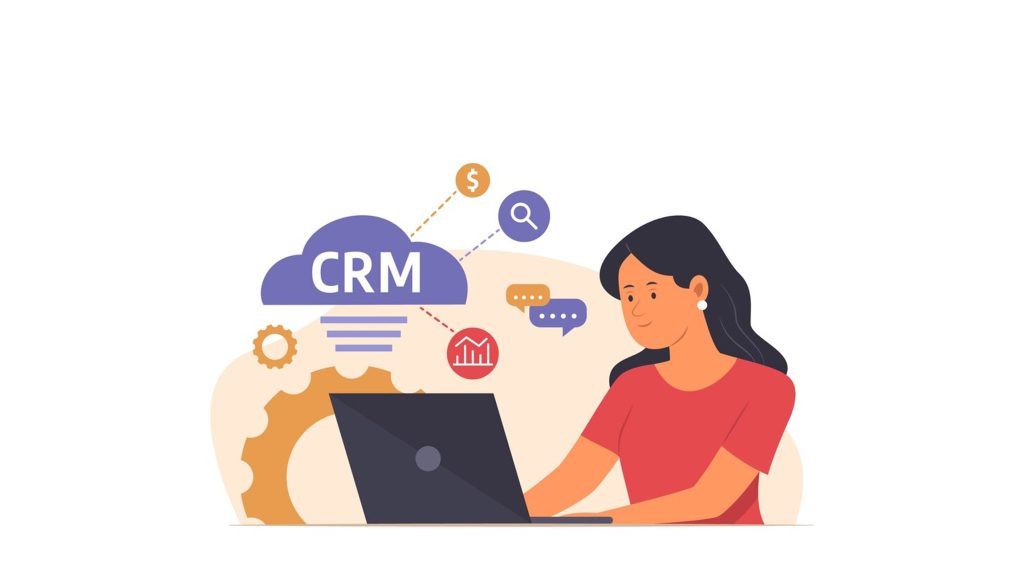How can improved sales compensation plans enable sales output? Eliot Offutt, VP Implementation & Onboarding at Forma.ai has a few suggestions:
____________
Welcome to this SalesTechStar chat Eliot, tell us about yourself and your role at Forma.ai…
I’m Eliot Offutt and I am the VP of Implementation and Onboarding at Forma.ai. I’m managing the team that implements the product, establishing best practices and helps new customers get going on Forma.ai. From the moment they realize the need our platform, we help set it up in a way they can best take advantage of all we offer and hit the ground running.
Throughout my career, I’ve primarily remained on the technical side of business, starting off in engineering, installing network hardware in data centers to eventually pivoting into the sales compensation world, where I’ve had the opportunity to build out incentive compensation solutions across industries.
Good compensation plans are something that is often overlooked but is still something that can be useful in driving sales reps retention and output…can you talk about five basic fundamentals B2B teams need to keep in mind when building compensation plans?
All the work that we do at Forma.ai stands on top of one fundamental: Design your compensation plans based on real, historical data. That may seem obvious, and many companies have the data to do this, but must often resort to basic benchmarking and gut feel when designing comp plans due to a lack of resources or expertise. Once you truly understand the drivers of performance (or underperformance) in your business, determining which of those elements in your compensation plan need to be adjusted is relatively easy. Timely access to data about all the drivers of your business performance, makes everything else a lot easier.
One element of this data that can’t be overlooked is quota setting. There is an equally powerful analysis organizations can do to understand how reps are performing to quota. Another aspect is the territory design. Incentive plans and quotas shouldn’t be looked at in a vacuum. Territory opportunity is also critically important and needs to be accounted for as part of the overall comp plan design.
Finally, organizational ability to deliver needs to be considered in the design process. A good plan well executed is going to work better than a great plan that the sales ops team struggles to deploy and manage quarter to quarter.
Read More: SalesTechStar Interview With Laxman Papineni, CEO at Outplay
What are some of the common lags you see in current compensation models among B2B/other businesses?
Probably the most significant lag in current compensation models is the time it takes to analyze and design new compensation plans, which typically takes months. When sales compensation plans are being analyzed and designed based on lagging data, and then patched when the full year of data is available, they’re already behind the current business context. If the market conditions change rapidly, as they did at the beginning of 2020 or 2022, organizations are unable to analyze the impact and react to it by adjusting the compensation plan.
Can you throw light on the various ways in which sales leaders can drive compensation management and processes with tools/automation?
Automation’s greatest benefit is that it simplifies processes to free up time and resources. Platforms like Forma.ai help to simplify the process of building out compensation programs, which can be notoriously complicated for organizations. Many sales companies often use pay structures for their sales teams that are outdated and built on experience, without considering data and other insights.
By leveraging these new data-driven tools, sales leaders can build improved predictive models to help them better incentivize their salespeople, and ultimately, increase revenue and efficiency in the decision-making process.
Read More: Outside Sales Are History, and COVID-19 Didn’t Kill Them
A few thoughts on the future of B2B sales and how you feel sales in SaaS will start looking in a few years?
B2B sales teams will be highly augmented in the future, with a wide range of data-driven and AI technology to help them identify the best possible opportunities and close them with greater success.
One difference will be the level of involvement the sales team has in collecting customer and sales data. Sales forecasts are notoriously unreliable because they rely on individuals to enter accurate data and make a subjective call on a deal’s viability based on their experience and company markers.
We’re already seeing companies like Gong.io take over that responsibility from reps, providing sales teams with accurate, objective data about what makes a deal valuable. We’re doing a similar thing with sales compensation at Forma.ai. This will be great for sales teams, who will have more time to focus on what really closes a deal: building a trusting relationship with prospects.
A few thoughts on the future of salestech as a segment and how you feel this space will shape up?
The future of salestech looks bright. The pandemic mostly accelerated changes that were already underway, as larger organizations were forced to adopt hybrid working and cloud technology, amongst other things. Most of those changes are here to stay.
When the markets took a downward turn this year, we saw many businesses move from “growth-at-any-cost” strategies to more resilient, sustainable growth models. That concern with efficacy and efficiency will see businesses looking for ways to do more with fewer resources.
Salestech that offers accelerated timelines, easier collaboration and the elimination of repetitive tasks will continue to see strong demand. New technologies such as AI, and platforms that offer rapid processing of massive volumes of data open-up possibilities that didn’t exist a few years ago. Companies that partner with solution providers who leverage these technologies will ultimately get a much greater ROI out of their sales organization than those who rely on legacy processes and technologies.
Forma.ai helps companies optimize sales compensation. The platform is trusted by innovators like Autodesk, OpenTable, Stryker, and Edmentum, handling more than $1 billion in annual managed commissions.
Eliot Offutt is the Vice President of Implementation and Onboarding at Formai.ai, a leading solution for leveraging AIs to build sales compensation models. From sales to banking to retail, Eliot is a seasoned enterprise leader with more than 20 years of experience growing businesses and leading teams with a specialty of achieving client success. He obtained his MBA from the University of Virginia and is a graduate of the University of Texas.
Missed The Latest Episode of The SalesStar Podcast? Have a quick listen here!
Episode 133: B2B Customer Engagement Best Practices with Myles Kleeger, President and Chief Customer Officer of Braze
Episode 132: Biggest B2B Sales Learnings with Astrid Boer Masle, VP of Sales, EMEA & APAC – RFPIO
Episode 131: Product Management Tips and Best Practices with Kimen Warner, VP of Product Management at Drift





















